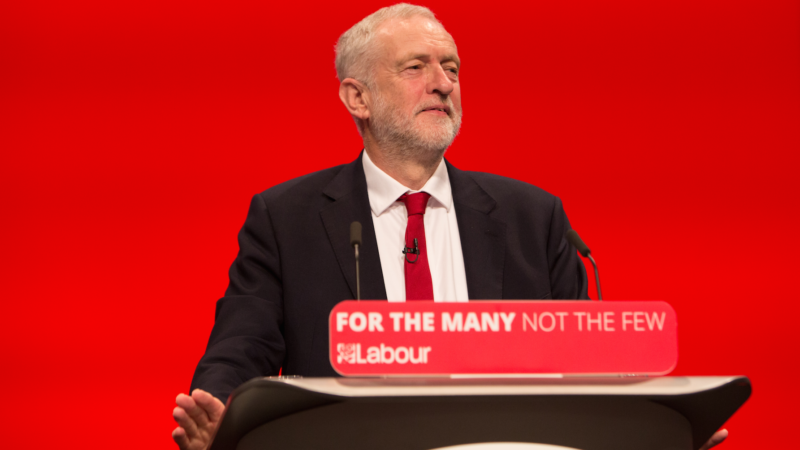
Labour had a good week in Liverpool. The party stayed united, unveiled good policies and pitched itself directly at the voters it needs if it is to win. There was a new air of professionalism. After this conference, the idea of Corbyn’s Labour taking office no longer looks or feels far-fetched.
More importantly the political fundamental continue to move in Labour’s favour. The Brexit deadlock means the chances of a chaotic emergency election are mounting. For now, a 2019 vote remains a possibility not a probability. But there are plenty of days (almost every one where Brexit leads the news) when it seems that Labour is within touching distance of power.
But is Labour ready to govern? Notwithstanding the progress the party made this week, it has a lot of work to do to prepare for the challenges of power. So the Fabian Society commissioned advice on what the party must do to be fit to govern. We asked Corbynites, Blairites and neutral technocrats and as it turned out, there were striking similarities in the ‘to do’ lists they gave us.
First they all said that to win and to deliver in power Labour needs to focus ruthlessly on just a handful of things. The party must recall Bevan’s famous maxim: ‘the language of priorities is the religion of socialism’. The party’s 2017 manifesto promised so many reforms that it would have been hard to deliver it all. Labour should focus on a few big promises that it wants to be remembered for – and is sure can be made to happen.
Labour also needs to invest in preparation and senior figures including John McDonnell and Jon Trickett are already working on transition to power. Future ministers must understand the government machine and help the machine understand them. They need to be ready with things they can do at once – rapid symbols of change – and know how to progress long-term reforms that will take time and outside expertise to get right.
This preparation can’t be restricted to the leadership’s tight inner circle. If Labour is to be ready to govern, the party’s leaders need to broaden their tent and this is the biggest mental shift that will be needed in the year ahead. MPs who are slated to be ministers must be given real trust, responsibility and support, whatever wing of the party they come from. And the wider parliamentary party should be made to feel involved and invested too, because a left-wing Labour administration will achieve nothing if it can’t count on backbench votes. When it comes to economic and social policy there is far more that unites Labour MPs than divides them, so all sides should start there and build bridges.
Labour’s new Corbynite establishment will also need to work with the old British establishment – the civil service, military, media and business – because a few hundred people can achieve nothing alone. A majority of the British elite will accept the new government’s mandate and want to make the relationship work. They’re trying to deliver Brexit for the Tories, after all.
Having said that, if change is to endure, alternative, progressive centres of agency and power must also be created – local government, trade unions, mutuals, civic groups and democratic public bodies. That means not simply directing from the centre but empowering independent networks and institutions that can cooperate, experiment and lead for themselves. In all this, the Labour leadership will only succeed by sharing and dispersing power and that is a lot easier to say than do.
There are two outstanding questions, however. The first is Brexit. If Labour is in office a year from now, all its energy and attention could easily be absorbed by the EU relationship, whatever the party’s radical domestic plans. If the UK is notionally ‘out’ by the time of an election, perhaps Labour should simply park the question of end-state Brexit and quickly agree a 10-year association agreement on EEA terms?
The second question is the governing disposition of Jeremy Corbyn himself. He will be the most unconventional Prime Minister for at least a century, and the party and government machine must prepare for that reality. How should Number 10 work, when the Prime Minister is a symbol of hope more than an executive leader? If Labour finds an answer, it can deliver lasting transformation; if it doesn’t, the Corbyn project might win office but still fail.
Andrew Harrop is general secretary of the Fabian Society.
Visit fabians.org.uk to read contributions to the Fabian Society’s Preparing for Power project.




More from LabourList
Nudification apps facilitate digital sexual assault – and they should be banned
Diane Abbott suspended from Labour after defending racism comments
Labour campaign groups join forces to call for reinstatement of MPs